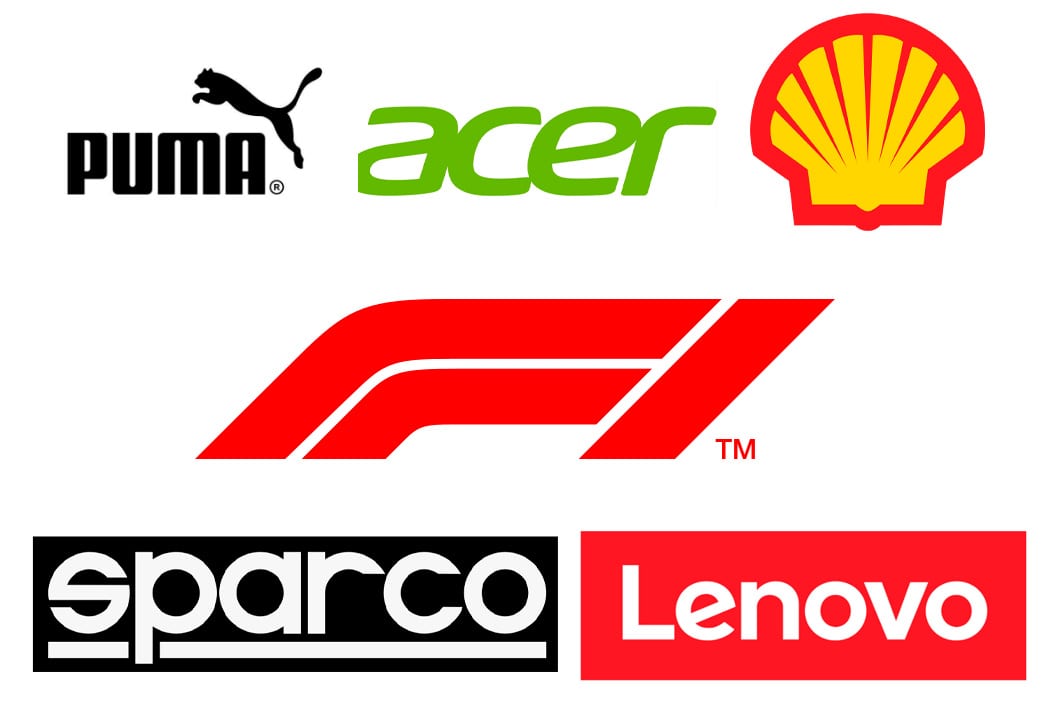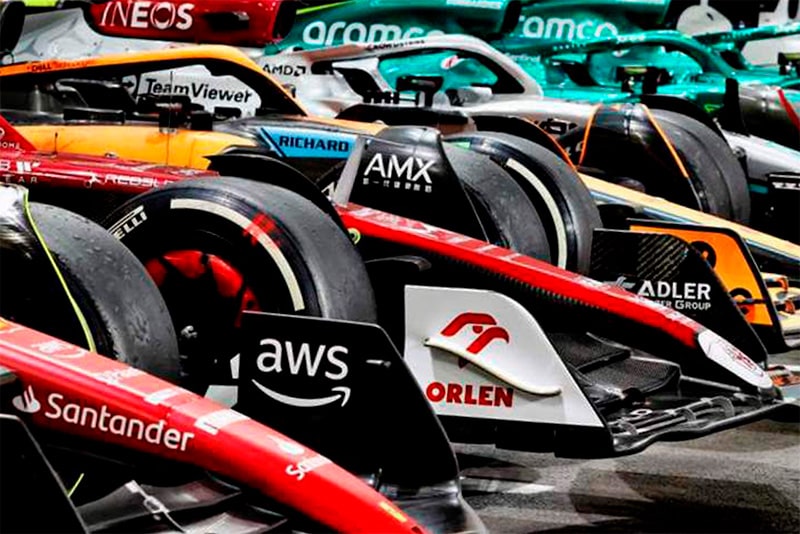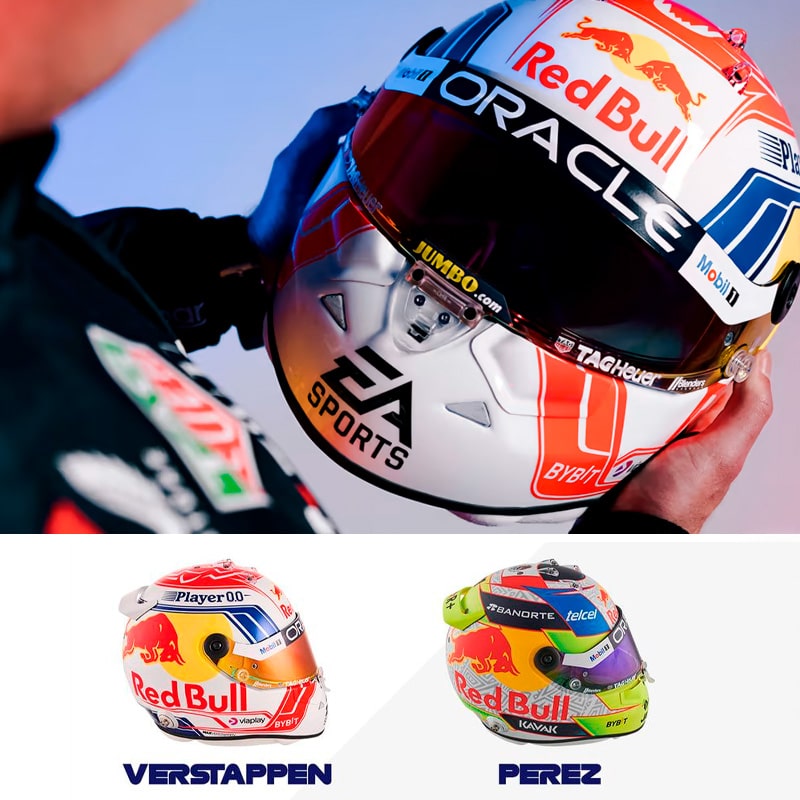
Formula 1, often abbreviated as F1, is a premier form of motor racing sanctioned by the Fédération Internationale de l'Automobile (FIA). It represents the highest class of competition for open-wheel, single-seater formula racing cars. The sport is globally renowned for its high-speed races, advanced technology, and prestigious history.
Races, known as Grand Prix, are held on various purpose-built circuits and in some cases on closed city streets (street circuits). The cars are highly sophisticated, featuring cutting-edge technology and engineering, with teams investing heavily in aerodynamics, materials science, and engine performance to gain competitive advantages.
The F1 season consists of a series of races, and the results of each race are used to determine two annual World Championships: one for drivers and one for constructors (teams). Drivers are awarded points based on their finishing position in each race, and these points contribute to the overall championship standings.

Sponsors play a crucial role in Formula 1 for several reasons:
- Financial Support: Building and maintaining competitive F1 cars is extremely expensive. Sponsors provide the necessary funding, which can run into hundreds of millions of dollars annually for top teams.
- Technology and Services: Some sponsors contribute not just money, but also technology and services that can help a team gain a competitive edge, such as advanced materials, electronics, or data analytics.
- Marketing and Visibility: Sponsors benefit from the global audience of F1, which offers a significant marketing opportunity. The cars, drivers' race suits, and team branding are prime real estate for sponsor logos.
- Team Identity and Culture: Sponsors often influence the team's identity, culture, and even their fan base. Some sponsors have become synonymous with teams, playing a key role in their public image.
- Sustainability and Future Development: With F1's increasing focus on sustainability and eco-friendly practices, sponsors aligned with these goals are becoming more important for the sport's future direction.
Overall, sponsors are integral to the economic viability and competitive nature of Formula 1, impacting nearly every aspect of the sport.

Brands: equipment
Formula 1 drivers use a variety of equipment, much of which is custom-made to suit their specific needs and preferences. This equipment is designed for safety, communication, comfort, and performance. The brands involved are often leaders in their respective fields, known for high-quality and technologically advanced products. Some of the key pieces of equipment and their typical brands include:
- Helmets: Helmets are crucial for driver safety and are made from advanced materials to offer maximum protection and lightweight comfort. Popular brands include Arai, Bell, Schuberth, and Stilo. These helmets are often custom-painted to suit the driver's personal style.
- Racing Suits: These are made from fire-resistant materials to protect drivers in the event of a fire. Brands like Alpinestars, Puma, and Sparco are common. The suits are also customized with team colors and sponsor logos.
- Gloves and Boots: Like the suits, gloves and boots are also fire-resistant. They are designed to offer a good grip and sensitive feel for both the steering wheel and pedals. Alpinestars, Puma, and Sparco are again frequent choices.
- Underwear: Fire-resistant underwear, including tops, long johns, socks, and balaclavas, are worn under the racing suit for additional protection. Brands such as Alpinestars, Puma, and Sparco provide these garments as well.
- HANS Device (Head and Neck Support): This safety device is crucial in preventing serious head and neck injuries during crashes. Companies like Simpson and Stand21 are known for producing these.
- Seatbelts: F1 cars use multi-point harness systems, usually provided by brands like Sabelt or Schroth.
- Communication Systems: Drivers use in-helmet radio systems to communicate with their team. These systems are integrated into the helmet and are often provided by the helmet manufacturers in conjunction with the team's electronics suppliers.
- Personal Sponsors' Gear: Drivers may also have personal sponsorship deals that dictate some of their equipment, like watches, sunglasses, or casual footwear when not driving. These brands can vary widely.
It's important to note that while the brands are a matter of personal preference and sponsorship agreements, all equipment must meet strict safety standards set by the FIA.